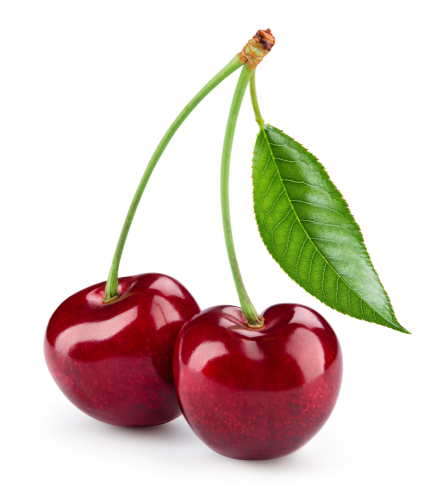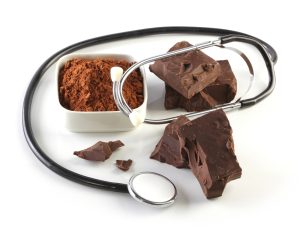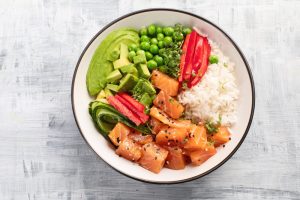World Sleep Day (15th March) is almost here, and while sleep is a complex and diverse issue, it’s essential to recognise the importance of lifestyle choices in promoting better rest and overall well-being.
According to the 2023 Healthier Nation Index by Nuffield Health, nearly half (49%) of Brits report a decline in their sleep quality over the past year in 2022, with almost one in seven (12.7%) stating they got between zero and four hours of sleep on average per night in the previous month.
Senior Recipe Development Manager, Mimi Morley from food box delivery service, HelloFresh, comments:
“When it comes to sleep, issues are complex and varied, influenced by a range of factors including stress, irregular sleep schedules, excessive screen time, and underlying health conditions.
Although food may not offer a complete solution, the significance of diet cannot be overstated when considering its impact on sleep quality; nutrients such as tryptophan and magnesium play key roles in regulating sleep patterns and promoting relaxation.”
To celebrate World Sleep Day, HelloFresh have shared the best foods that may promote sleep and how regularly to eat them:
Cherries
Struggling to sleep? Melatonin, the sleep hormone, is essential for regulating your sleep patterns.
Cherries contain natural melatonin, which directly regulates sleep-wake cycles. Consuming cherries or tart cherry juice has shown promising results in improving both sleep duration and quality.

It is generally recommended to incorporate cherries into your evening routine by consuming them about two hours or so before bedtime several times a week for sustained benefits. However, adjusting consumption based on personal response is key, as individual responses may vary.
Turkey
Don’t restrict turkey solely to Christmas—its high tryptophan content sets it apart from chicken.
Tryptophan is an amino acid that helps produce serotonin and melatonin. While tryptophan in turkey can promote relaxation and sleepiness, its effectiveness may vary depending on the overall diet and individual metabolism.
Including turkey in your evening meal one to three times a week, particularly as part of your evening meal, may help support better sleep. However, it’s essential not to eat too close to bedtime to avoid digestive discomfort.
Almonds
While snacking on nuts is often associated with a quick boost of energy, almonds may contribute to a feeling of bodily calmness.
Almonds are high in magnesium, which acts as a muscle relaxant, promoting relaxation and better sleep. They also contain tryptophan and melatonin, although in lower amounts compared to cherries.
Snacking on a small handful of almonds or incorporating them into meals several times a week may contribute to more restful sleep.
Bananas
Bananas may not directly impact sleep, but their nutrient qualities may offer subtle support that could help contribute to a better night’s rest.

Bananas are a good source of magnesium and potassium, which can help relax muscles and nerves, promoting better sleep. They also contain tryptophan, though in smaller quantities compared to turkey.
Incorporating bananas into your diet regularly, consuming three to five bananas a week may support us when transitioning into a restful state by helping your body feel more relaxed.
Chamomile Tea
Have a sip and relax! Herbal teas are known for their soothing touch.
Chamomile has calming properties that can induce relaxation and sleepiness. While they may not contain sleep-promoting nutrients as directly as other foods on the list, their calming effects can still contribute to improved sleep quality.
Drinking herbal teas like chamomile in the evening, about an hour and a half to two hours before bedtime each night or a few times a week can help support better sleep. Although individual preferences and tolerances vary, so listen to your body and adjust accordingly.
Note: Incorporating sleep-supporting foods is important, but it’s just one part of sleep quality. Sleep hygiene, stress management, and individual responses are also crucial.
For recipe ideas and healthy meals, visit HelloFresh.






